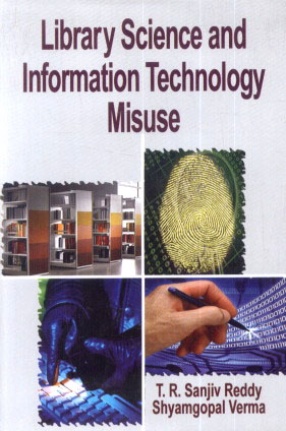

The technology revolution has brought many changes to the way librarians and library staff manage their day and provide information to users. Up until ten years ago, libraries were book focused institutions. There were just print card catalogues, online vendor databases had barely become tools and in the librarian's arsenal to answer questions, the internet as we know it now was still years away from practical use.
The role of the academic librarian in the ...
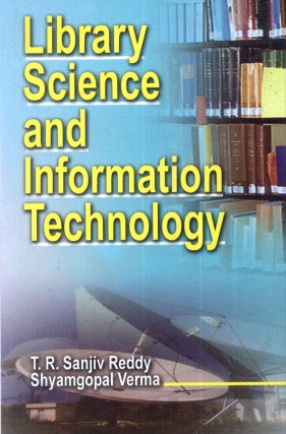
Libraries are repositories of knowledge and information and are indispensable in the information age. With the merging of information technology with library science, the nature of libraries and the scope of their services have radically changed.
Information technology influences change in the structure and format of information resources. Traditional formats for government publications, library catalogues, thesauri, microforms, bibliographic sources, and even ...
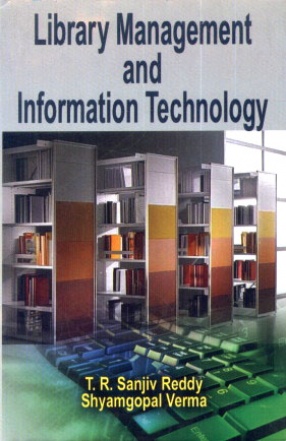
Information technology is a strategic resource that facilitates major changes in competitive behaviour, marketing and customer service, in essence, IT enables a firm to achieve competitive advantages. IT is a resource that links the marketing orientation and technology exploitation of an organisation, which clearly has to be harnessed and managed correctly. Management skills are needed when dealing with all types of organised activities and all types of ...
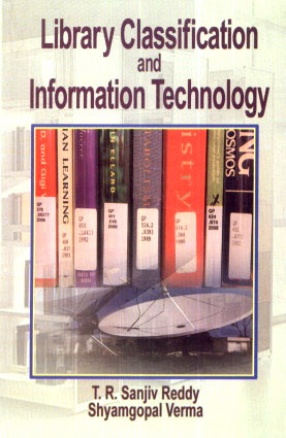
A library classification is a system of coding and organising library materials according to their subject and allocating a call number to that information resource. Similar to classification systems used in biology, bibliographic classification systems group entities that are similar together typically arranged in a hierarchical tree structure.
This book attempts to provide a detailed study of the impacts of information technology in library classification and ...
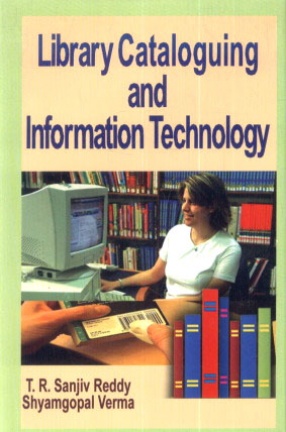
Information technology changed library environments and gave the process of information retrieval many more avenues, no longer making main entry an author or title record. Computer catalogues have made main entries obsolete, altered how they make entries and transformed catalogues into search stations that can use various prompts to retrieve information. Computer cataloguing, no longer limits libraries to only author and title entries, and they are necessarily ...
